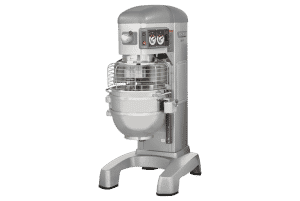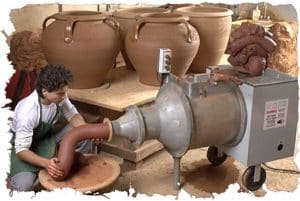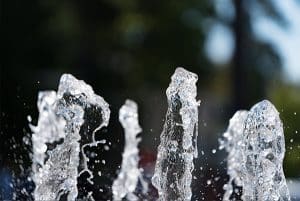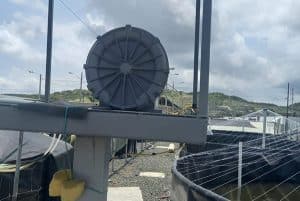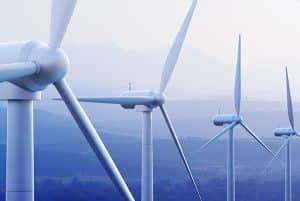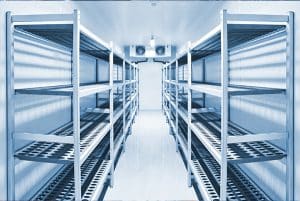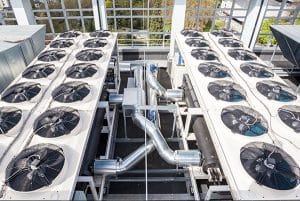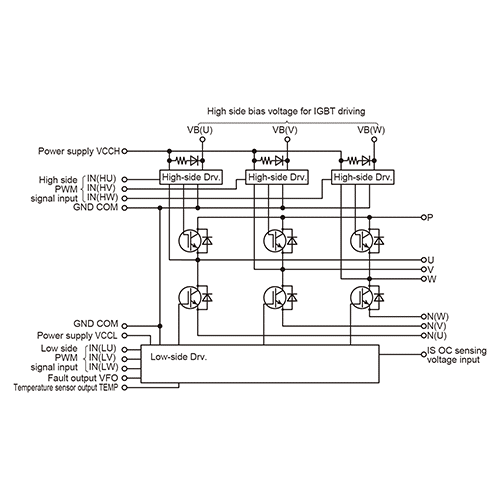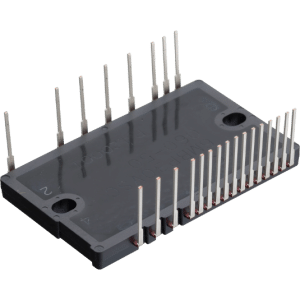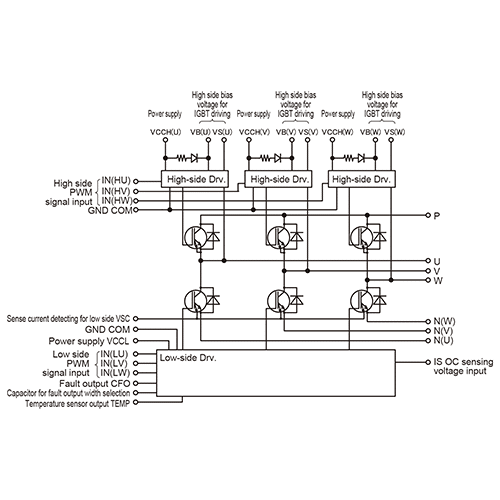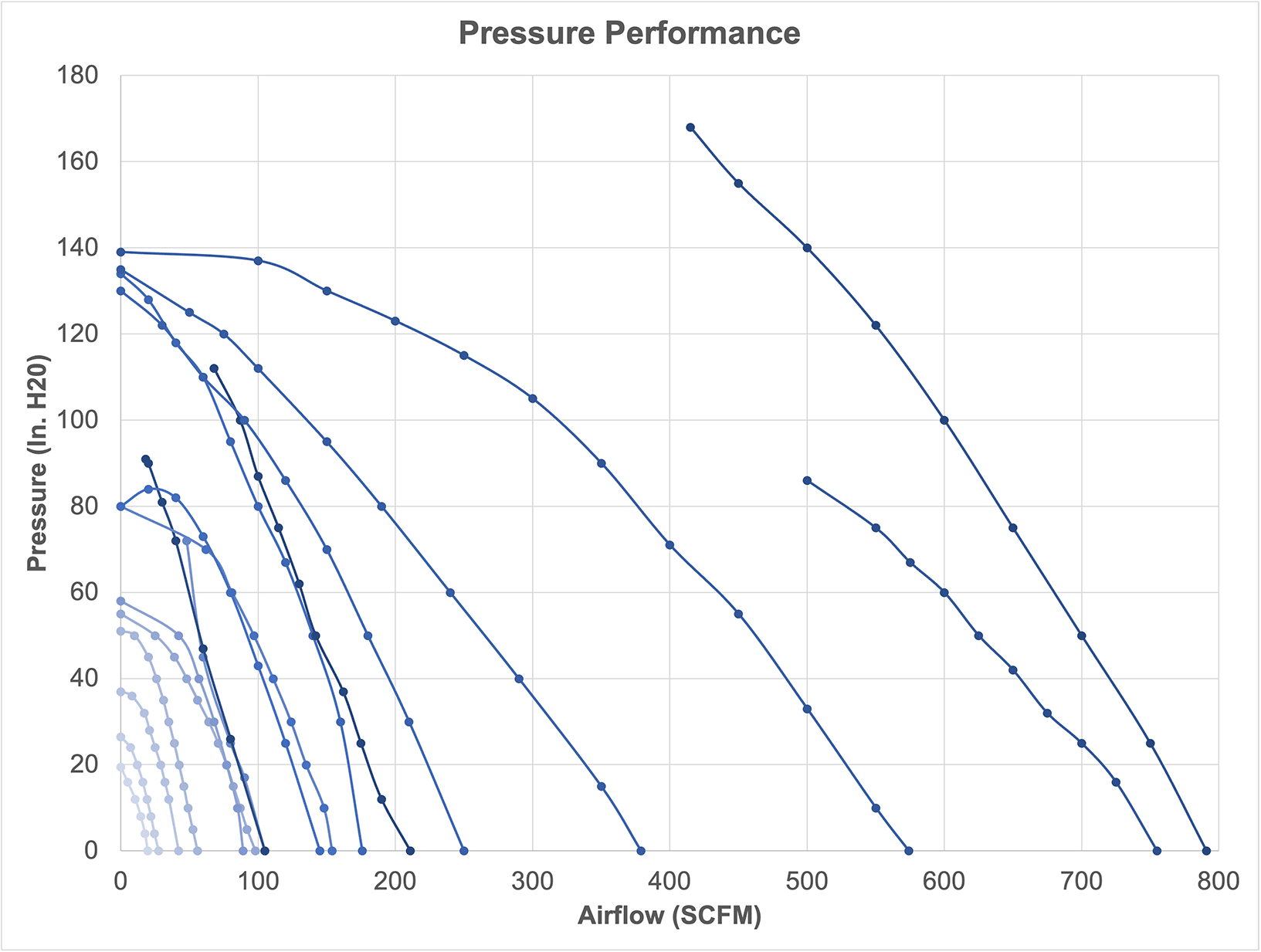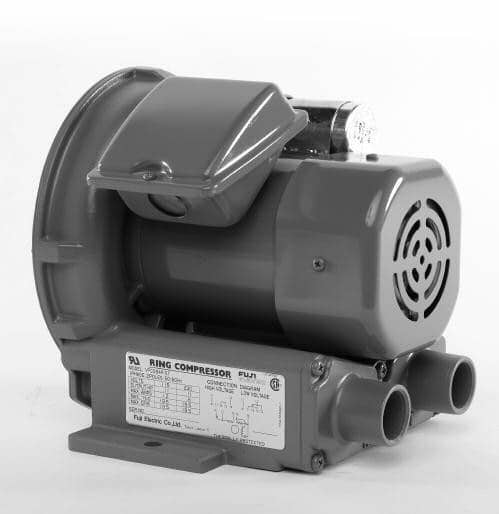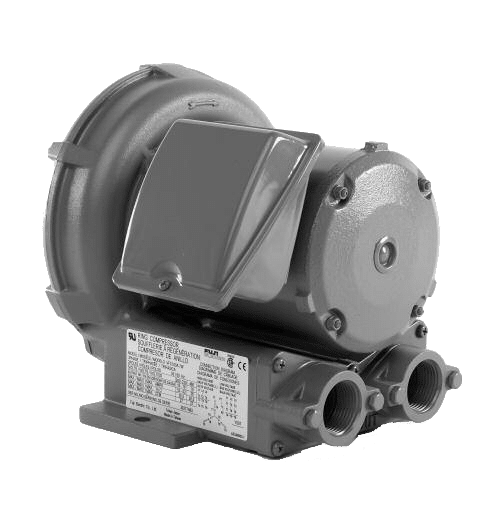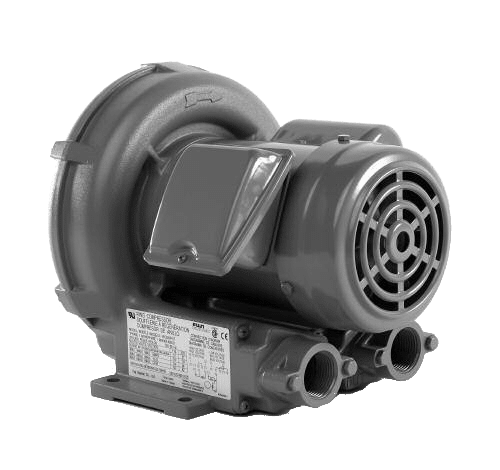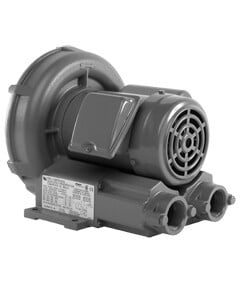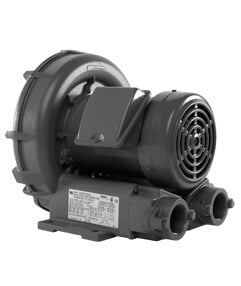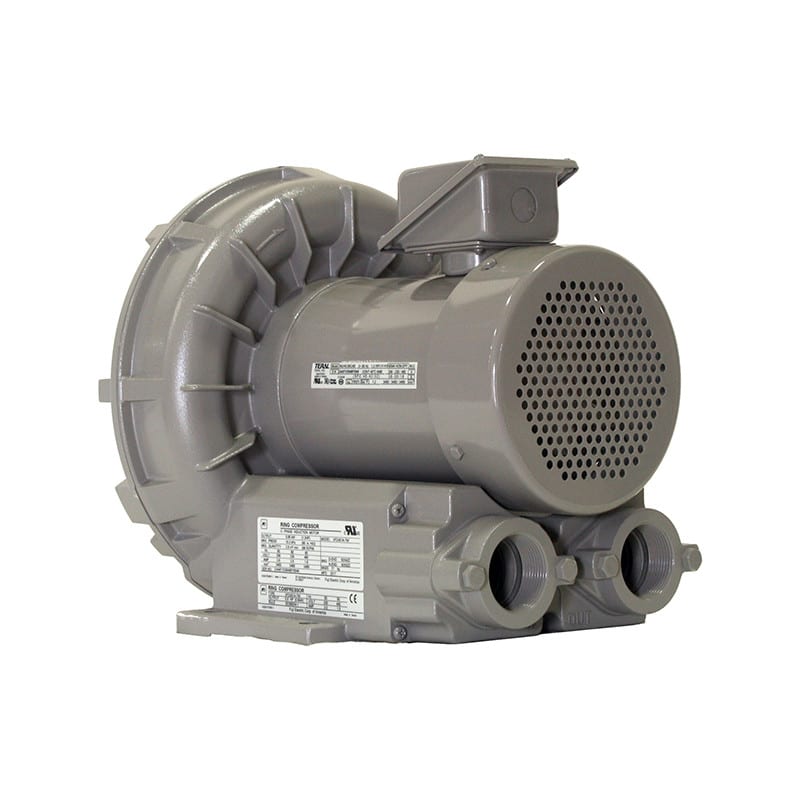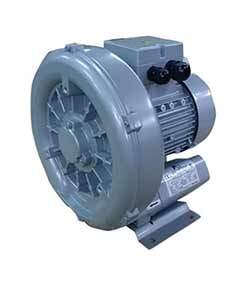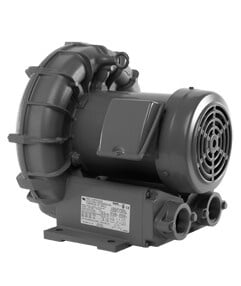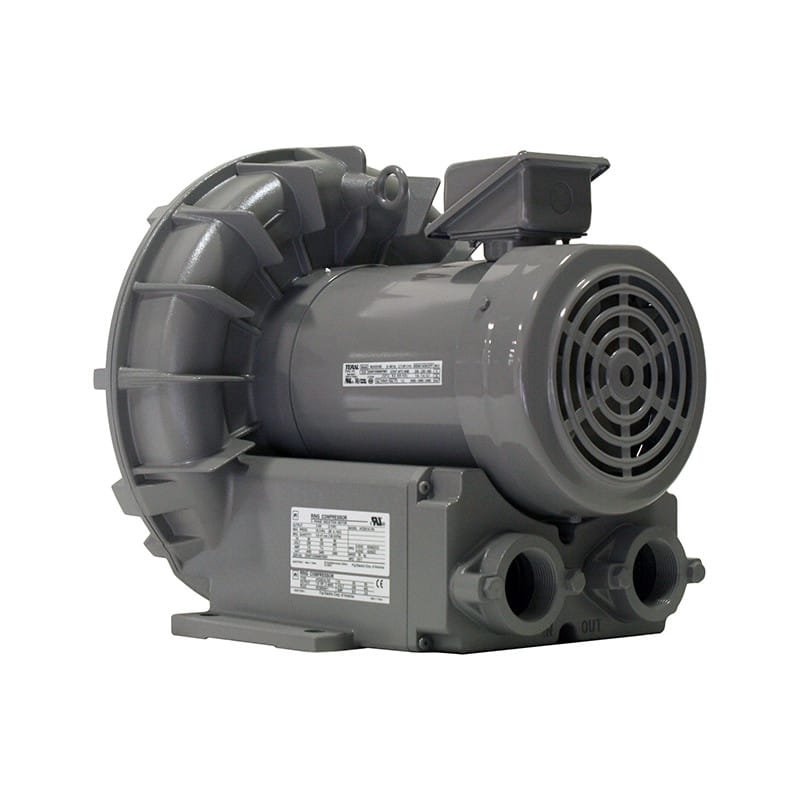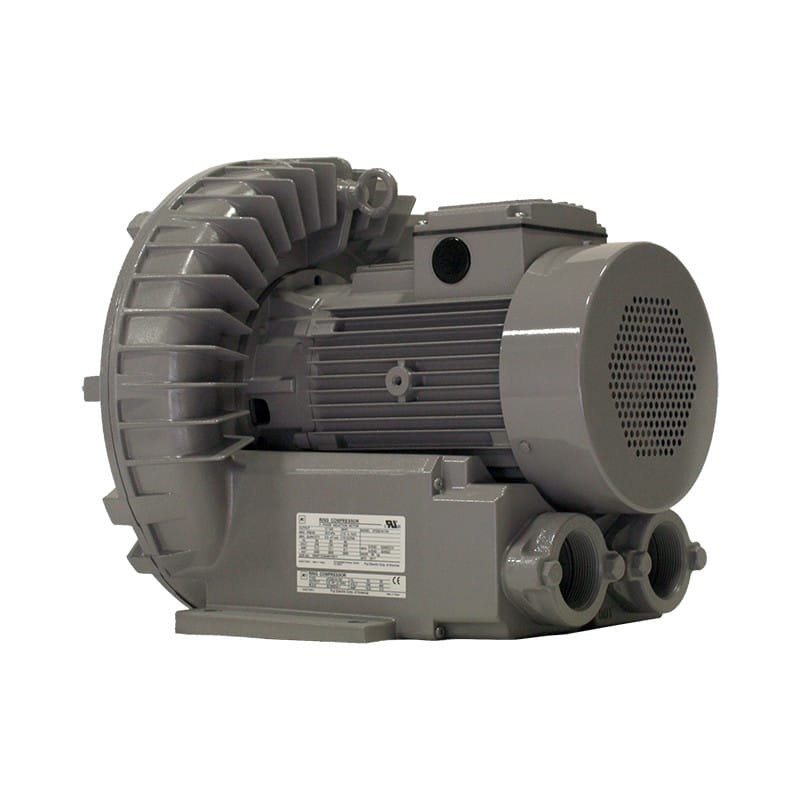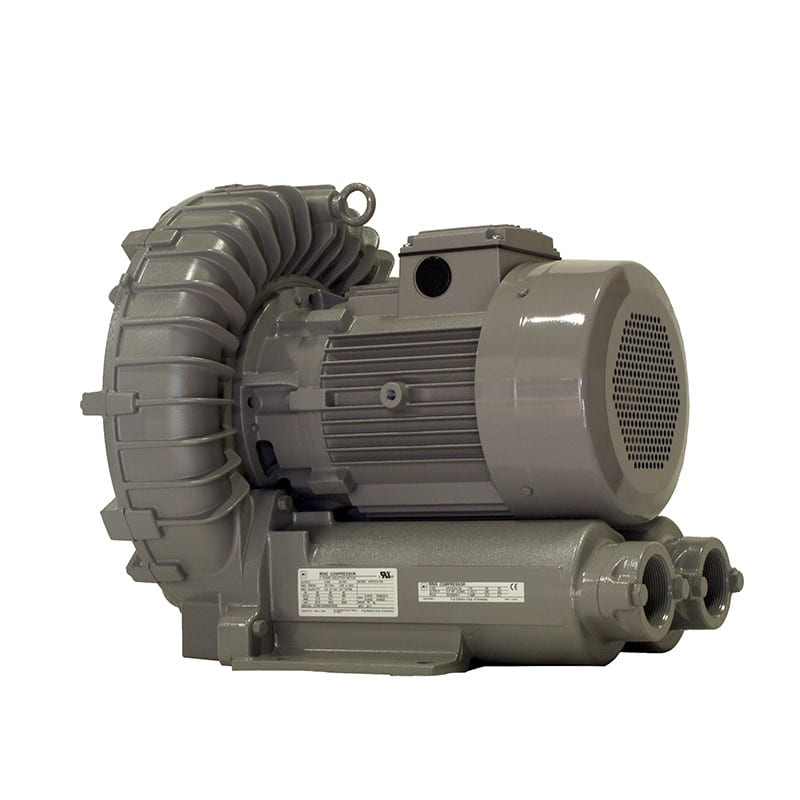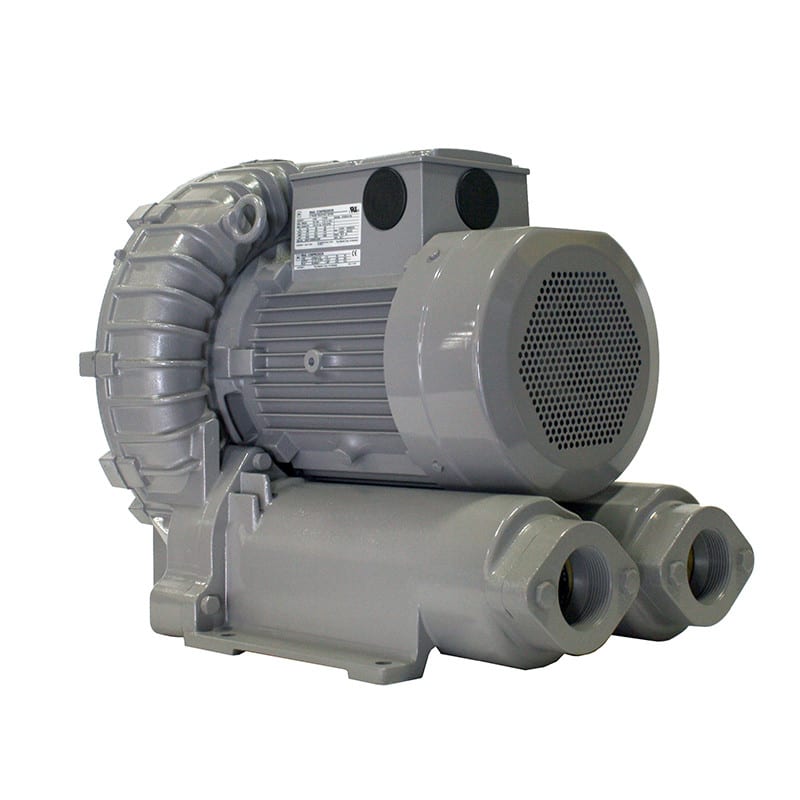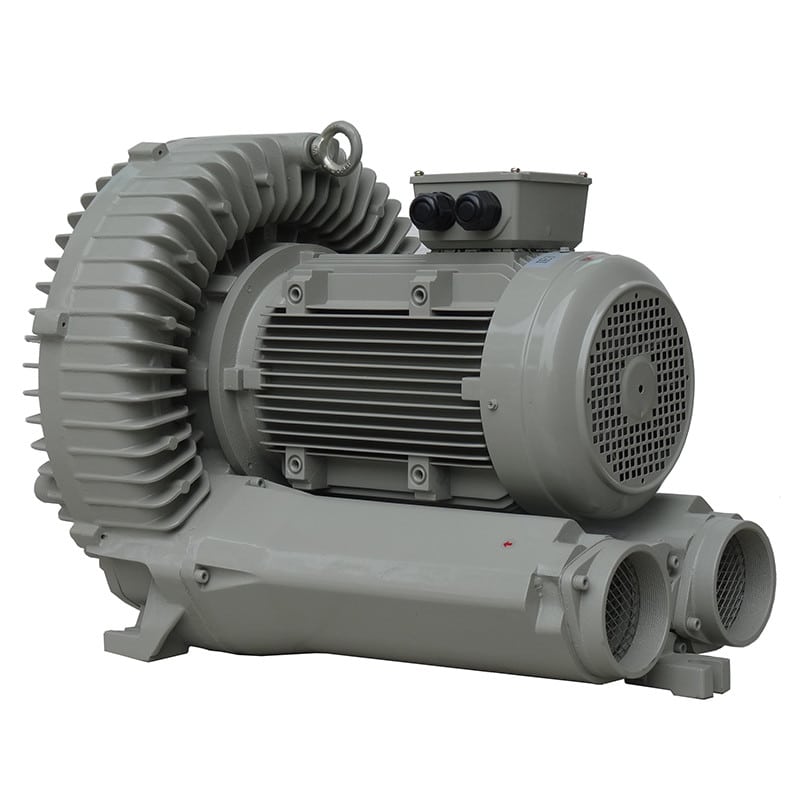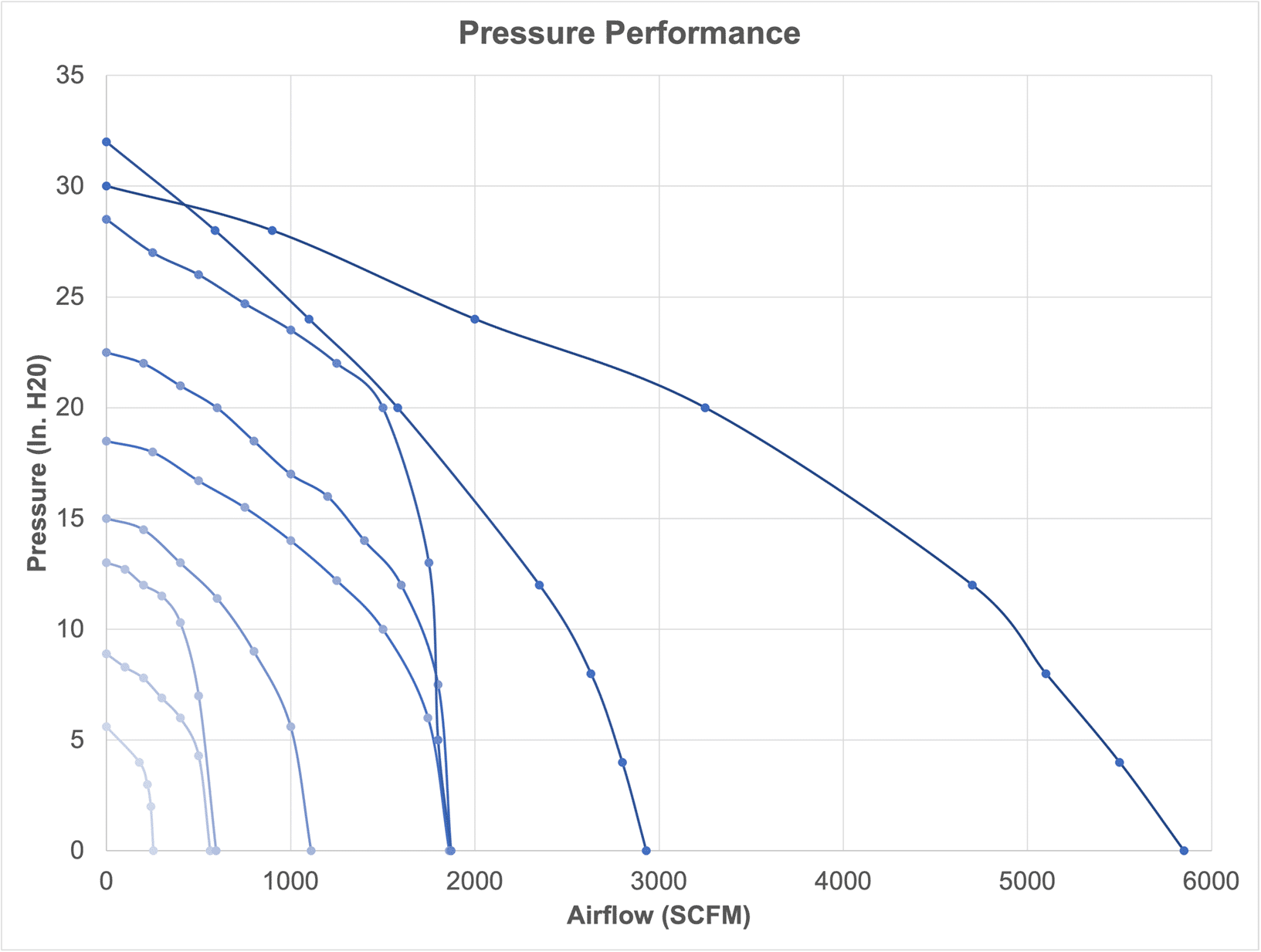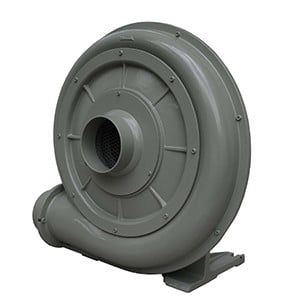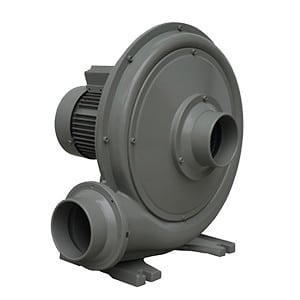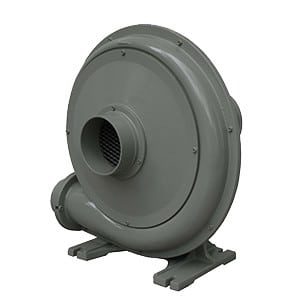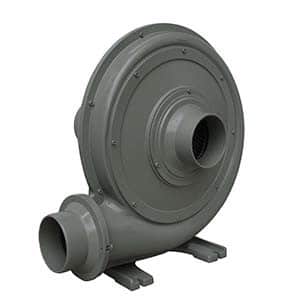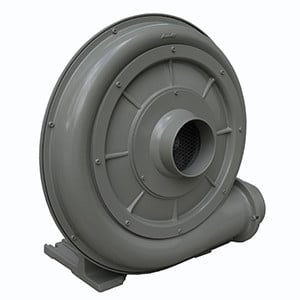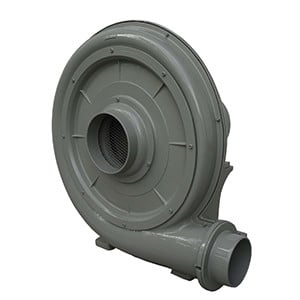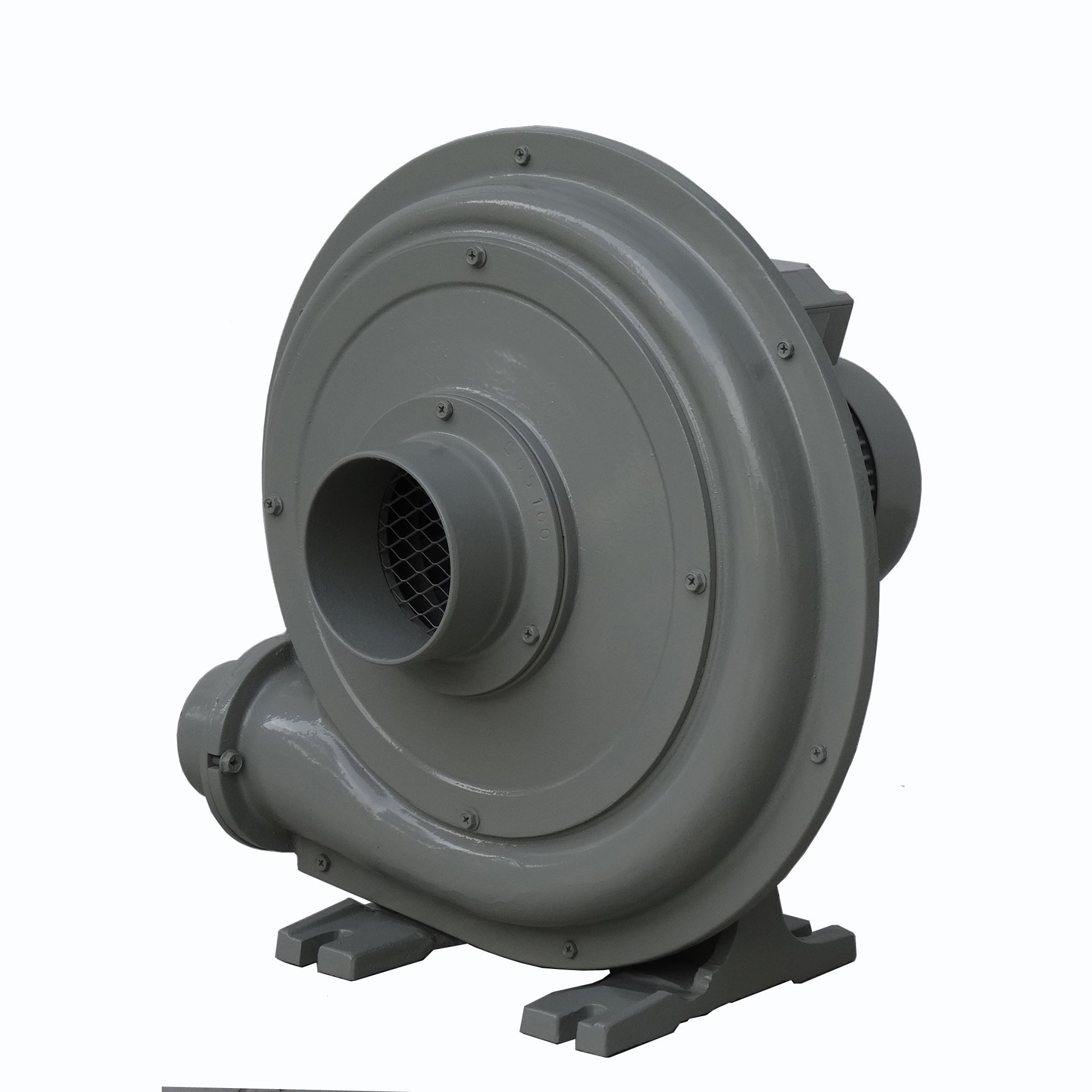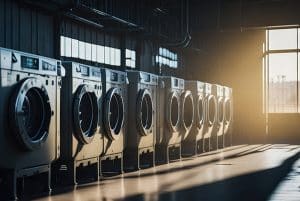Manual motor starters are devices used to control the operation of electric motors in industrial settings. They serve several key functions:
- Starting and Stopping: As the name suggests, manual motor starters allow for the manual starting and stopping of motors. This is typically done through a switch or a button that an operator can engage or disengage.
- Overload Protection: They often incorporate overload protection, which helps to safeguard the motor against potential damage caused by overcurrents. This is usually achieved through thermal or magnetic means. The thermal protection works by detecting excessive current over a period, indicative of an overload condition, while magnetic protection responds to short-circuit conditions.
- Short-Circuit Protection: Some manual motor starters may also offer short-circuit protection, although this is often handled by separate devices like fuses or circuit breakers in many installations.
- Disconnecting Means: They provide a means of disconnecting the motor from the power source for maintenance or emergency purposes. This feature is crucial for ensuring safety during repairs or when resolving issues with the motor or associated equipment.
- Local Control: Manual motor starters allow for local control of a motor, meaning that the start and stop functions can be performed at the motor’s location. This is particularly useful in smaller or simpler systems where centralized control is not necessary or practical.
- Adjustable Settings: Many industrial manual motor starters have adjustable settings that allow operators to set overload protection thresholds according to the specific requirements of the motor and the application.
- Robust Design: Designed for industrial environments, these starters are typically built to withstand harsh conditions, including dust, moisture, and mechanical vibrations.
- Simplicity and Cost-Effectiveness: Manual motor starters are generally simpler and more cost-effective compared to automatic starters or those with more advanced control features. They are well-suited for applications where automatic control is not necessary, or where manual operation provides sufficient control.
In summary, manual motor starters are fundamental components in motor control, offering basic functionalities such as start/stop control, overload protection, and a means of disconnection for maintenance and safety purposes. They are widely used in various industrial applications due to their simplicity, reliability, and cost-effectiveness.



